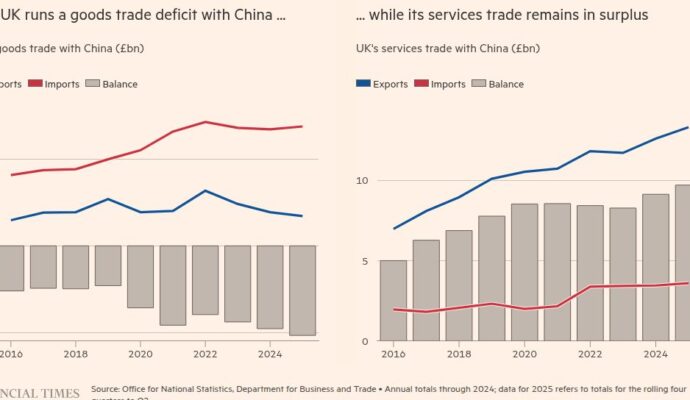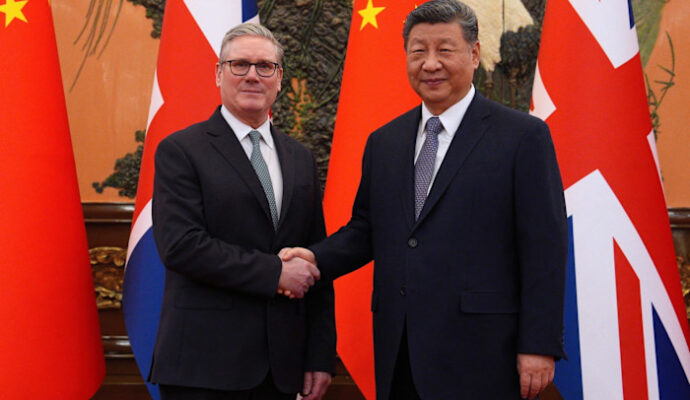Unlock the Editor’s Digest for free
Roula Khalaf, Editor of the FT, selects her favourite stories in this weekly newsletter.
The world’s largest musical instrument maker hopes to tap into late-life enthusiasm for the saxophone in China as a demographic shift reduces demand for pianos and boosts the ranks of elderly hobbyists in the ageing country.
Yamaha, for decades, had counted on soaring piano sales in China as its middle class grew, but the trend has reversed with fewer people giving birth. China’s acoustic piano market has shrunk to a quarter of its 400,000-unit peak about three years ago, according to the company, and instrument sales in China for the latest fiscal year fell 33 per cent from two years earlier.
As China ages, Yamaha views the burgeoning retiree population as an opportunity.
“There’s a high chance of an increase in sales of wind instruments like sax or guitars to seniors in their 40s, 50s and 60s who have disposable income and more time than before,” said Yamaha president Atsushi Yamaura.
The Japanese company’s pivot comes as Beijing seeks to boost the country’s so-called silver economy, expected to hit Rmb7tn ($958bn) by 2030. China’s population has declined for three straight years, and the number of over-60s is set to reach 400mn, or 30 per cent of the population, by 2035.
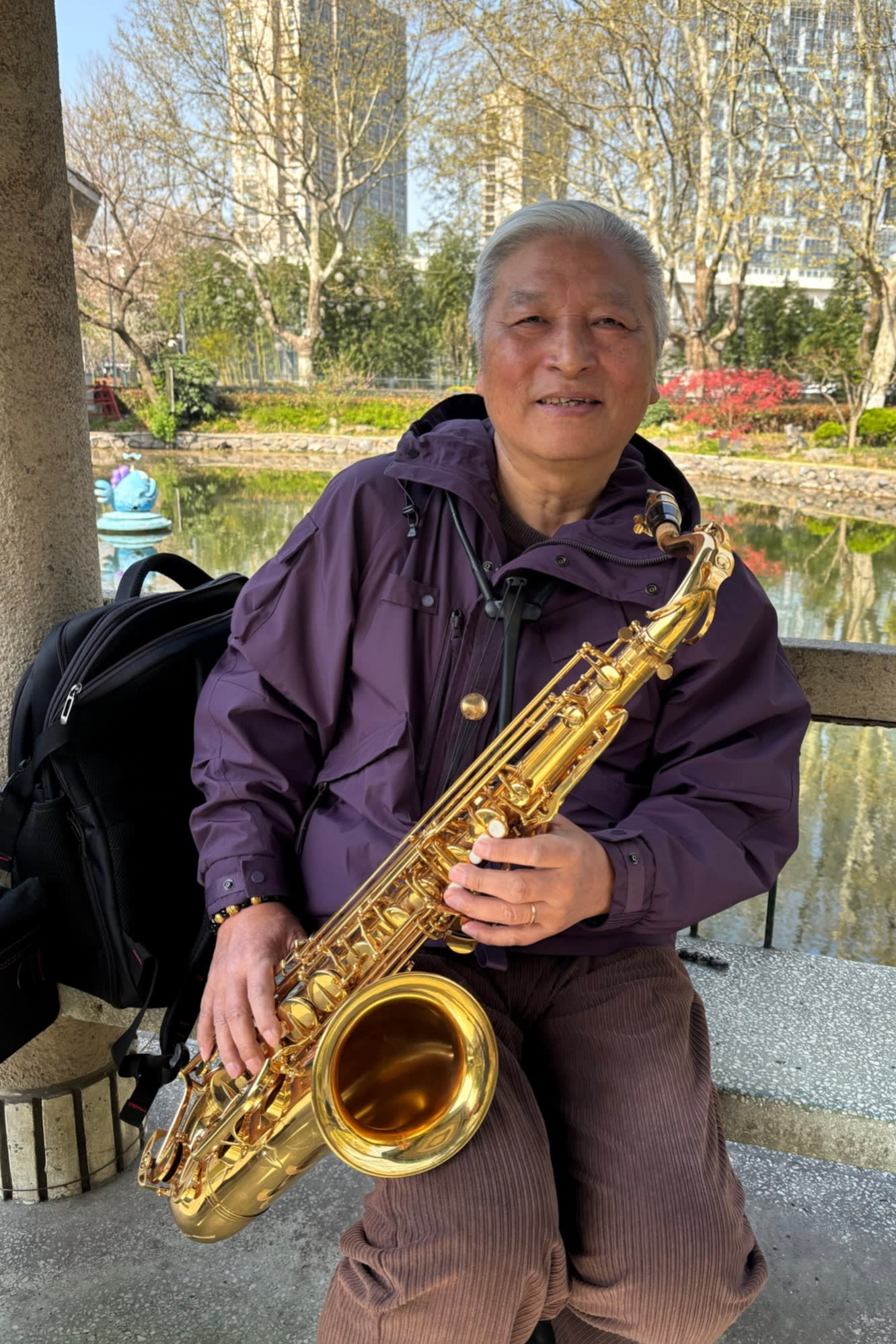
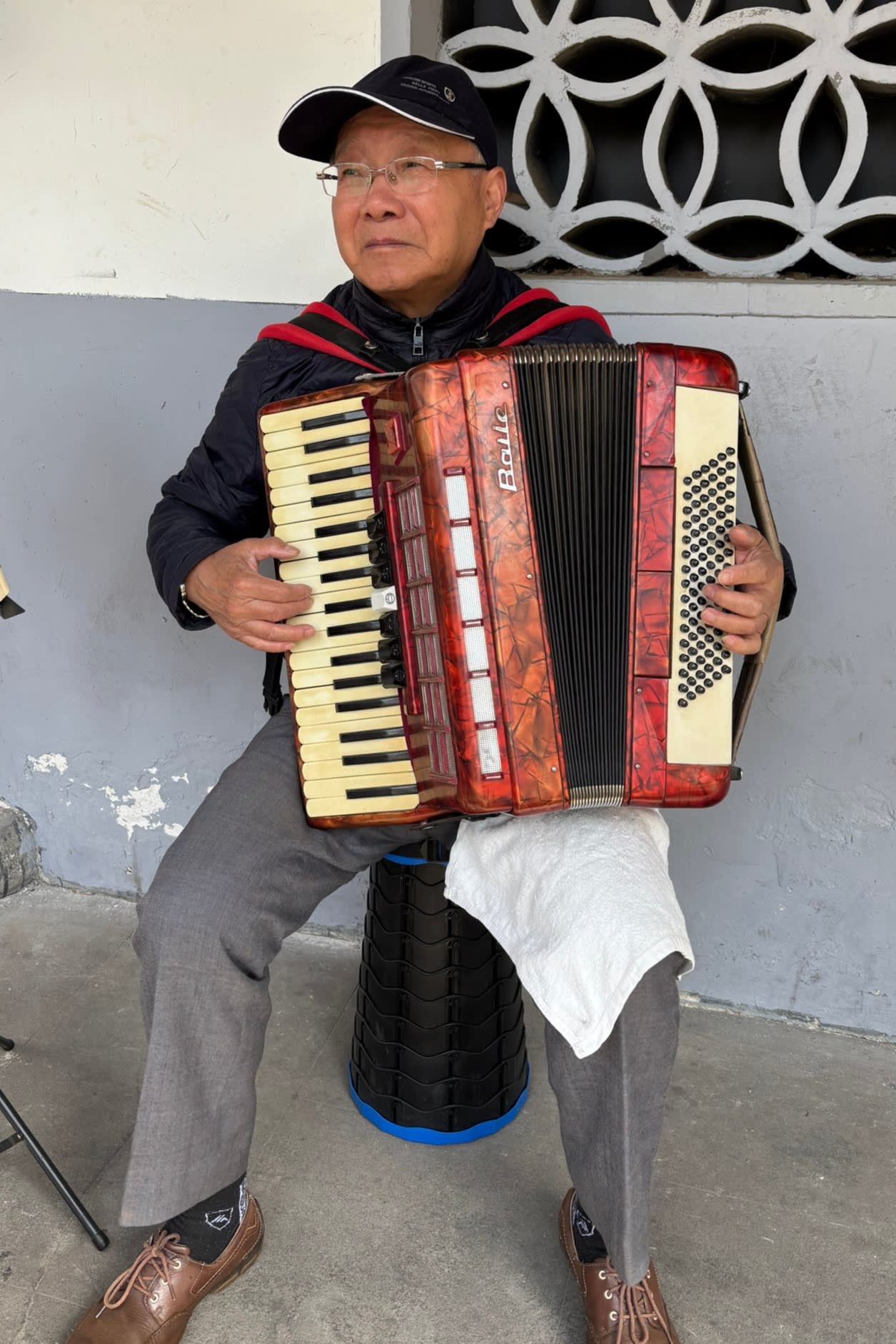
Meanwhile, China’s birth rate remains low, at 6.77 per 1,000 people, compared with just over 17 globally, a decade after the government eliminated its long-standing one-child policy. It has tried to incentivise childbirth and family formation, but marriages have hit record lows. At music shops in Shanghai, sales staff point to “fewer children” than before and closures of music schools.
Yamaha said sales were previously supported by incentives for piano players in university admissions, but those privileges had been reduced as part of a government push to reduce educational inequality. The company sees little prospect of recovery in the piano market and plans to shut a factory in Indonesia that produces entry-level models for Chinese consumers by the end of the year.
By contrast, its digital saxophone, with a feature replicating the sound of traditional Chinese instruments, has gained popularity as a hobby product, with its sales up more than 30 per cent in the financial year ending in March.
“It’s the ‘silver economy,’” said Sun Xiumin, a retired music teacher who said elderly learners loved the saxophone but often lacked “harmony”.
“We couldn’t buy it before,” he added. “A long time ago, in the danwei [work units in 1970s China] you needed a certificate to be in a band . . . then [the economy] gradually opened up . . . [they would have] thought about it for many years: ‘Oh, I can finally buy one, but I’m already retired.’”
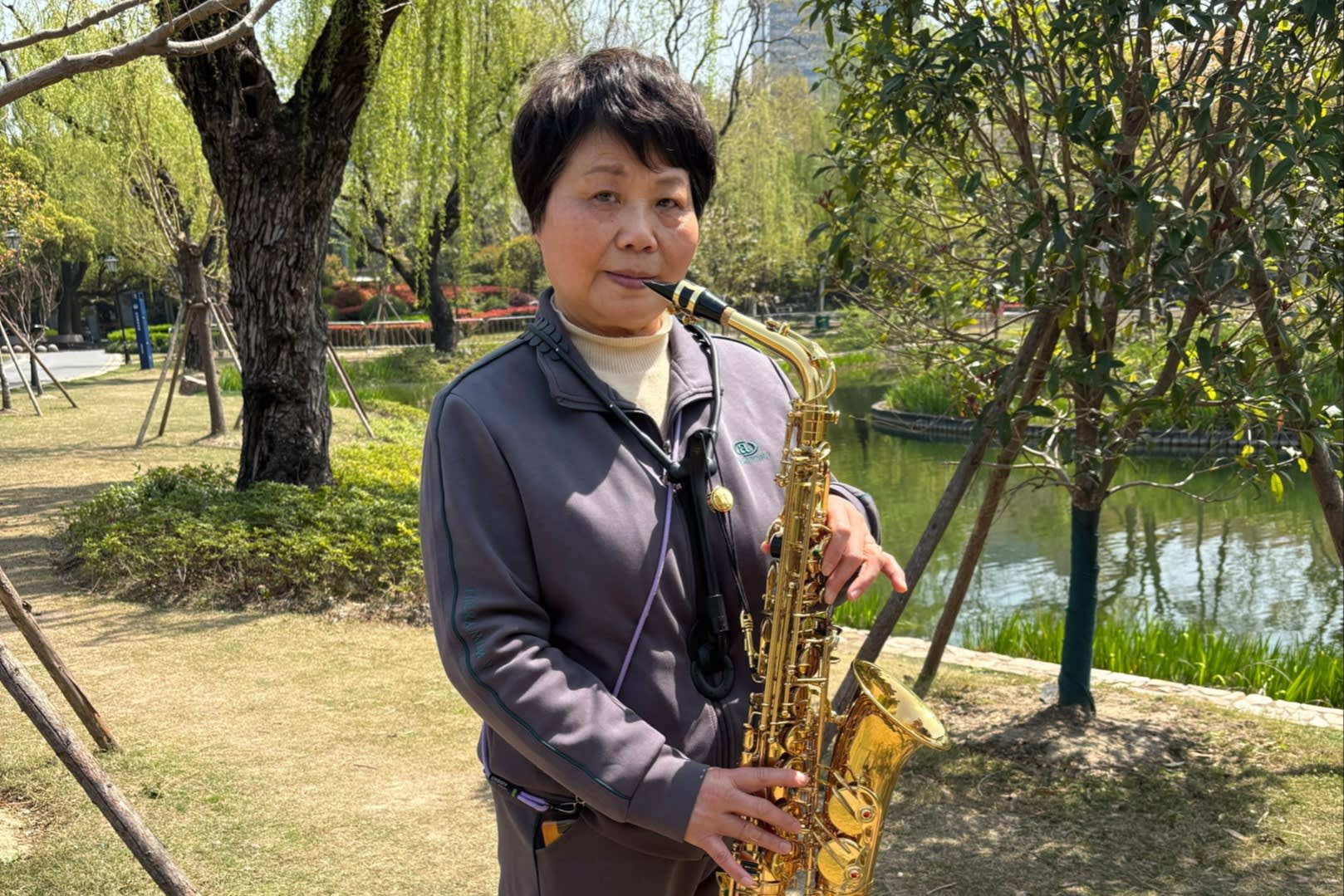
Other international businesses are adjusting to China’s demographic shift. In the milk industry, companies are targeting nutritional products rather than baby formula, while the government is rolling out plans for a high-speed network of “silver trains” for older tourists.
China this year raised its retirement age for the first time in seven decades, with the age for men gradually rising to 63 and women retiring in their mid- to late-50s depending on their job.
Parks in cities across the country are often filled with retirees exercising together or playing music in groups. At Shanghai’s Lu Xun Park, Ma Qiangli, 70, said he took up the saxophone three years ago during a bout of ill health.
“I went to the park to exercise and saw a lot of people playing the saxophone,” said the former taxi driver, who added that the instrument was good for his “lung capacity”.
Li Duping, 70, said she bought her saxophone this year and was receiving free instruction from a fellow player.
“With the saxophone, there is that feeling of how to forget everything except the sound of the music wandering in your mind” she said, adding that she had yet to learn how to exhale properly while playing but had “confidence”.
“For my future life,” she said, “this is a new beginning.”
Additional reporting by Wenjie Ding in Beijing
